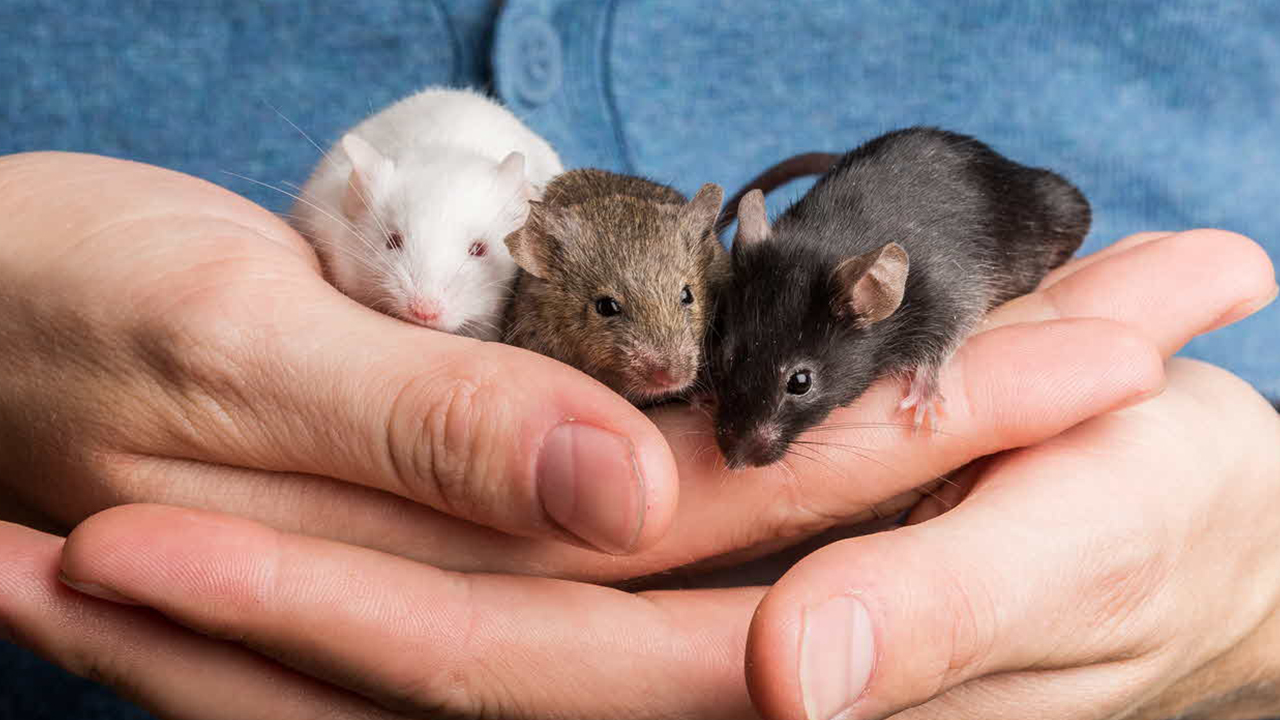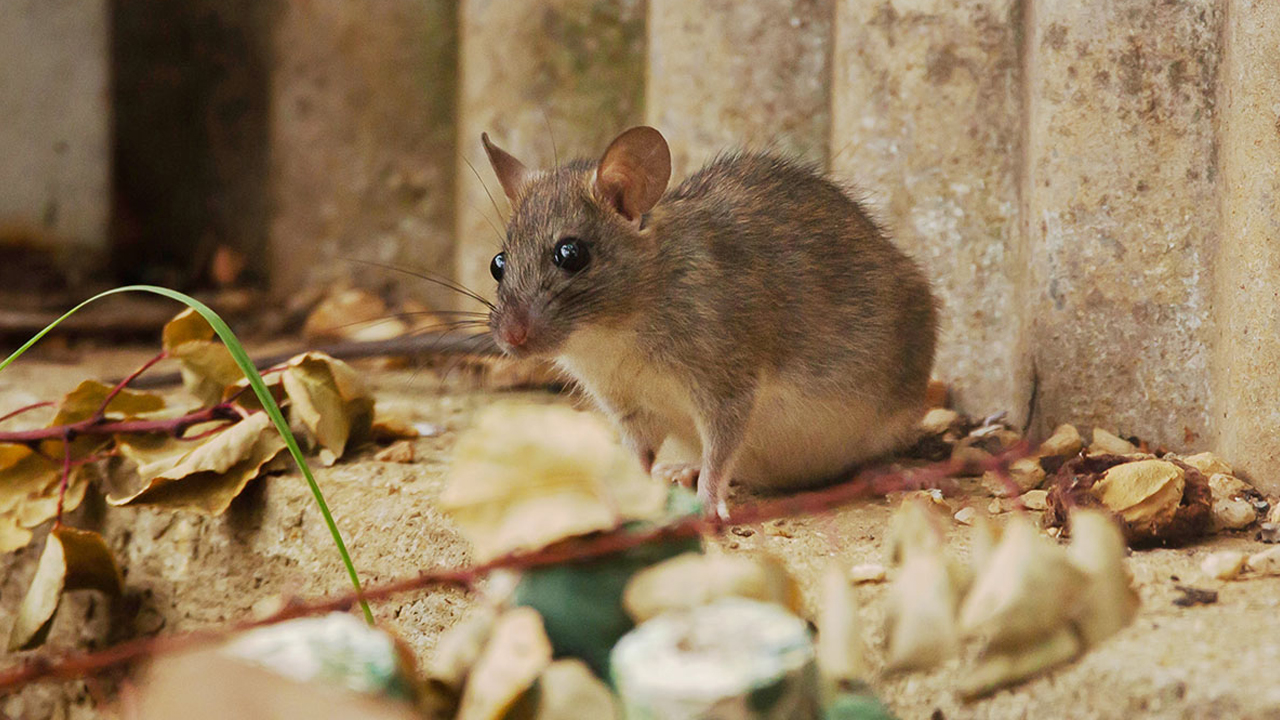Scientists from both the United States and Russia made an extraordinary scientific undertaking. The innovative experiment resulted in slowing cellular senescence in aged mice, resulting in an impressive prolongation of lifespans of up to 10%.
Scientists used blood of young mice to delay aging
A group of scientists led by Harvard University geneticist Bohan Zhang embarked on a series of experiments to delay aging and even rejuvenate. They connected the circulatory systems of 3-month-old female and male mice to two-year-old female and male mice.

Comparative analysis of the results showed that aged mice inoculated with young blood exhibited high levels of regulatory compounds such as tricarboxylic acid, a sign of rejuvenation of chemical processes typically inhibited by aging.
They also showed increased production of mitochondria, cellular powerhouses, reduced inflammation and increased production of genes associated with longevity. The research team notes that these effects are consistent with extended lifespans, improved physiological measures, and extensive regeneration of cell protein systems with genetic regulatory mechanisms.
In summary, the blood of young mice enabled the replacement of damaged cells in old mice with new and younger cells, or reducing the number of damaged cells. Thus, a 10% increase in the lifespan of the aged mice compared to the average was observed.

Researchers are working on adapting this phenomenon that can have extraordinary benefits to humans by unraveling the intricacies of this physiological development that has fascinated the scientific community.
This study was a significant improvement over previous research that pointed to the presence of valuable anti-aging components in the blood of young mammals. While the results are undeniably remarkable, it still needs a long way to go before it can be applied to humans.
Besides the significant biological differences between mice and humans, these procedures are well documented and pose serious risks to recipients, not to mention the ethical dilemmas associated with donation. What’s more, a mouse’s 12-week lifespan is equivalent to 8 years for humans.
What do you think about this study on delaying aging and even rejuvenating? Please do not forget to share your thoughts with us in the comments.